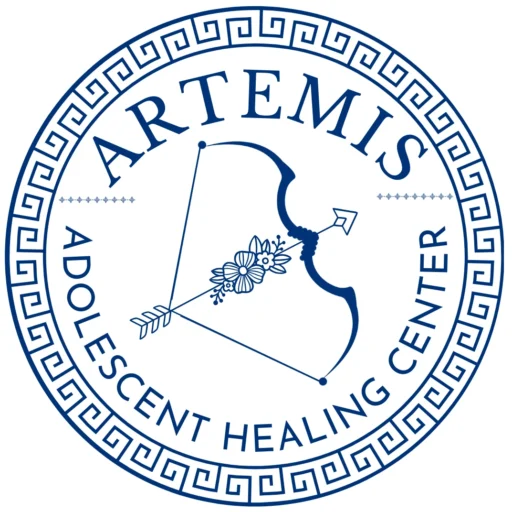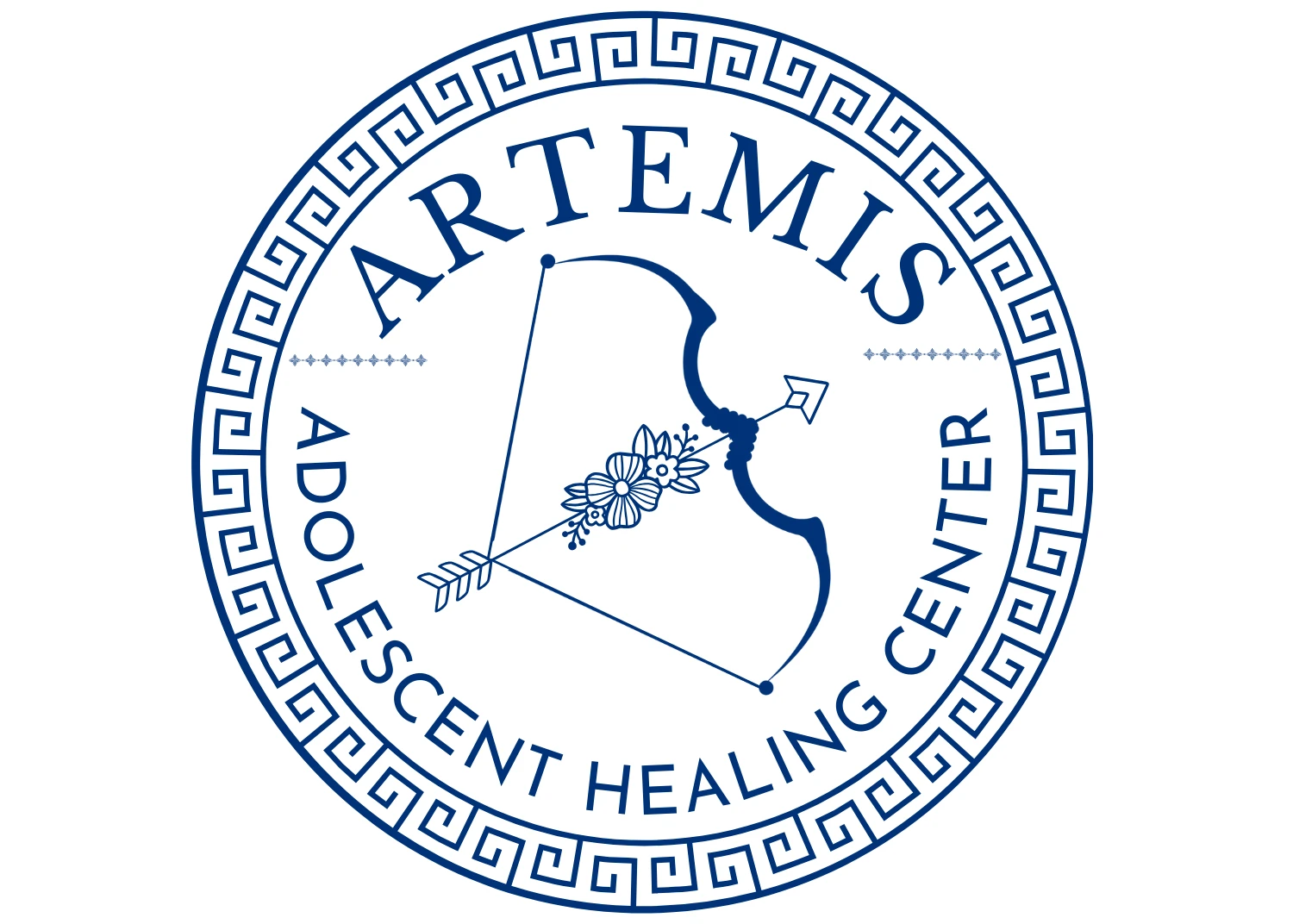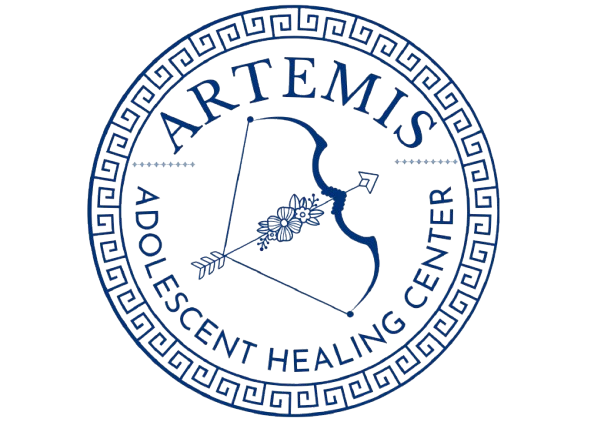Teen Meth Detox And Meth Rehab Programs at Artemis in Tucson
Watching your teen change before your eyes can be heartbreaking. You might notice weight loss, skin changes, and that they just don’t want to be around the family anymore.
Even though you suspect drug use, you might not know how to address it, or if bringing it up will make things worse. Should you put your foot down, or should you reach out for help?
At Artemis, we believe knowledge is power. This helpful guide talks about some of the reasons your teen might be using meth and how to start a conversation, as well as meth addiction treatment for your teen and when to reach out to our Tucson facility for more help.
Get Effective Detox and Rehab Options at Artemis
Understanding Teenage Meth Use
Emotional highs and lows, peer pressure, and curiosity are all at a crossroads during the teen years. Your teenager might have tough feelings they don’t know how to deal with or be looking for a boost of energy to feel good about themselves and manage a hectic schedule.
Sometimes, teens look to methamphetamine, or crystal meth, for an answer. It offers an escape from low-self esteem, depression, stress, or lack of focus, but quickly becomes a trap. Your teen will “crash” after a meth high, leaving them wanting more just to feel normal. This slippery slope has a high risk of leading to methamphetamine addiction.
Being able to help your teen starts with understanding why they might be using crystal meth. It could be an underlying mental illness, unresolved trauma, social pressure, or just a desire to escape from stress.
Warning Signs Your Teen Might Be Using Crystal Meth

Some signs of teenage substance use are easy to overlook, but others aren’t as easily put in the back of your mind. Red flags like sleep disturbances, severe acne, sudden weight loss, and poor hygiene all point to meth use.
It might seem like your teen cycles between periods of hyperactivity and periods of irritability and fatigue. You’ll also notice a chemical smell if they’ve been smoking meth and may find paraphernalia laying around.
Some other red flags to watch out for are behavioral changes. Young adults might start skipping school, act secretive and lie, or even steal to support their habit. Trust your instincts and if you believe something is going on, open a dialogue.
Meth has severe health consequences and professional treatment might be the only way to stop your teen from going down that path.
Meth Mouth and Other Risks of Meth Use
Some of the dangerous chemicals found in meth include lantern fuel, battery acid, ammonia, antifreeze, and battery acid. Regular exposure to these toxins has severe consequences for your body and mental health.
Many long-term meth users develop skin sores from picking at their skin and “meth mouth”, caused by tooth decay, gum disease, and poor oral hygiene.
Mentally, true meth addicts often feel down when they don’t have the drug. Binges can cause paranoia, hallucinations, and delusions. Psychosis, stroke, and seizures are all possible, sometimes resulting in permanent damage to motor skills or brain functioning. The dangers make it critical to address your teen’s meth addiction sooner.
Early Intervention Prevents Drug Addiction
In the ideal situation, parents step in at the first signs of meth use. Your teenager’s brain is still developing. Early intervention for substance abuse stops them from continuing meth habits and makes it easier to break the cycle, before they are too far into meth addiction.
Getting professional help now reduces the risk of future relapse and needing a long-term stay at a residential facility.
How to Talk to Your Teen About Getting Help

Conversations about meth addiction aren’t going to be easy, but they are necessary if you want your child to heal. Try talking to them when you are both calm (and ideally sober). Avoid blaming language or accusations. Instead, come from a place of concern, tell them what you’ve noticed, and ask questions about what is going on.
Let them know that you don’t want to punish them; you just want to help and provide emotional support along with real options for effective treatment. After you know the extent of what is going on, it will be easier to make decisions about addiction treatment and recovery.
When to Consider Meth Addiction Treatment Program
You may be wondering if a meth addiction treatment program is the right choice for your teen. Even if they’ve only tried methamphetamine a few times, it’s worth considering. Repeated illicit drug use points to much bigger issues. Your teen might be struggling with mental health, stress at school, or daily life in general.
Remember that addiction rarely resolves on its own, and the highly addictive nature of methamphetamine makes it hard to break the cycle. While you don’t have to decide on rehab right away, consider support groups or an outpatient program to ease your teen into it.
Get Accredited Treatment Programs at Artemis
Adolescent Meth Detox and Rehab at Artemis
At our Tucson-based rehab center, we have inpatient and outpatient programs that can help your teen overcome meth addiction. Treatment at Artemis starts with understanding your teen’s needs.
We conduct an assessment that helps us determine things like why your teen might be using, the extent that they’ve used meth and other substances, and whether they may be struggling with mental illness. From there, we work together on a treatment plan that meets their needs and makes it possible to overcome addiction.
For chronic meth users, this often starts with detox. Detoxing from methamphetamine ranges from uncomfortable to dangerous, with some meth users experiencing mood swings, psychosis, or severe depression once they quit.
Following supervised detox, your teen will be encouraged to participate in treatment. Our structured treatment programs help your teen ease back into what a “normal” routine might feel like. They’ll participate in one-on-one counseling, group therapy, skill-building workshops, and recreational therapies.
Dual Diagnosis for Mental Health and Drug Abuse

Dual diagnosis in teens is fairly common. Untreated ADHD, trauma, depression, anxiety, or mood disorders lead to an increased risk of developing a substance use disorder. Your teen is more likely to try to manage their symptoms with alcohol or drugs, or look to them as an outlet for escape.
Dual diagnosis cases are more complex than addiction alone, but they are common. At Artemis, we help your teen manage these underlying conditions, so they don’t feel they have to turn to substances. Equipped with real-world coping skills when they leave our treatment program, young people find themselves set up for success and less likely to relapse.
Our Personalized, Teen-Focused Approach
Many teens have found the support they need to start healing at Artemis Adolescent Healing Center. As a facility specializing in the adolescent brain and behaviors, we are better equipped than most rehab centers to handle your teen’s unique needs. We don’t focus just on helping your teen overcome meth use. We help young people learn who they are without it, while developing skills and habits that support long-term recovery.
Up To 100% of Rehab Costs Covered By Insurance
Get Your Teen Help Overcoming Meth Addiction at Artemis
Finding out your teenager is using meth can feel overwhelming, but early intervention is important for getting them help. Sooner is always better than later when dealing with something as dangerous and addictive as methamphetamine.
Call Artemis today, whether you need help talking to your teen or are ready to discuss treatment options. Together, we can support your child on their road to recovery and stop meth addiction before it gets worse.
All calls are confidential, so please call us now to get options and assistance.






